


Even in a warming climate, brutal cold snaps still hammer parts of the U.S., and a new study uncovers why. High above the Arctic, two distinct...
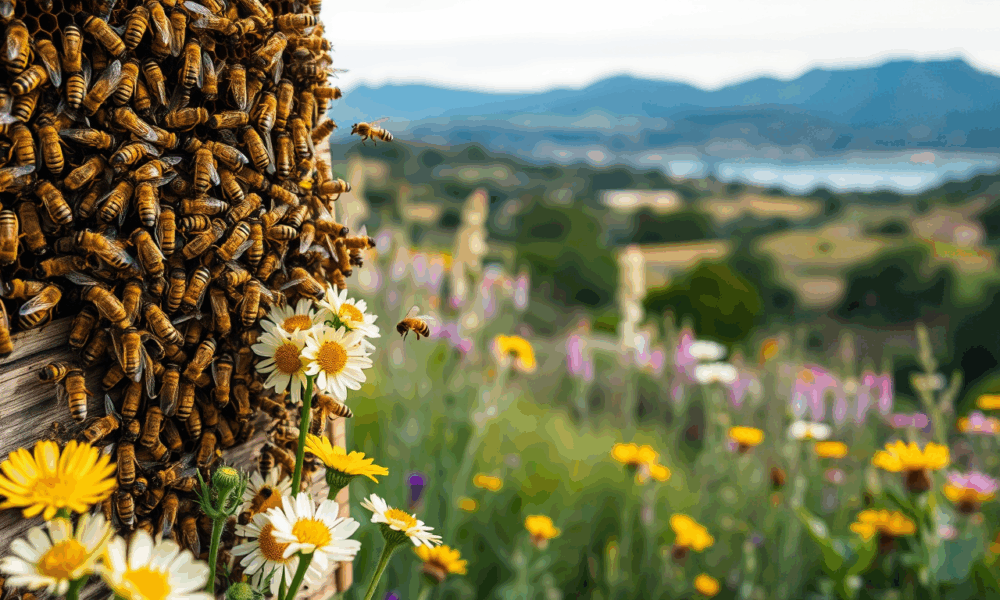
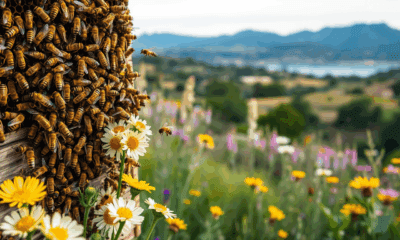

Feral honey bees, once celebrated for their agricultural value, are now threatening native ecosystems in Southern California by monopolizing pollen sources and overwhelming native pollinators. A...
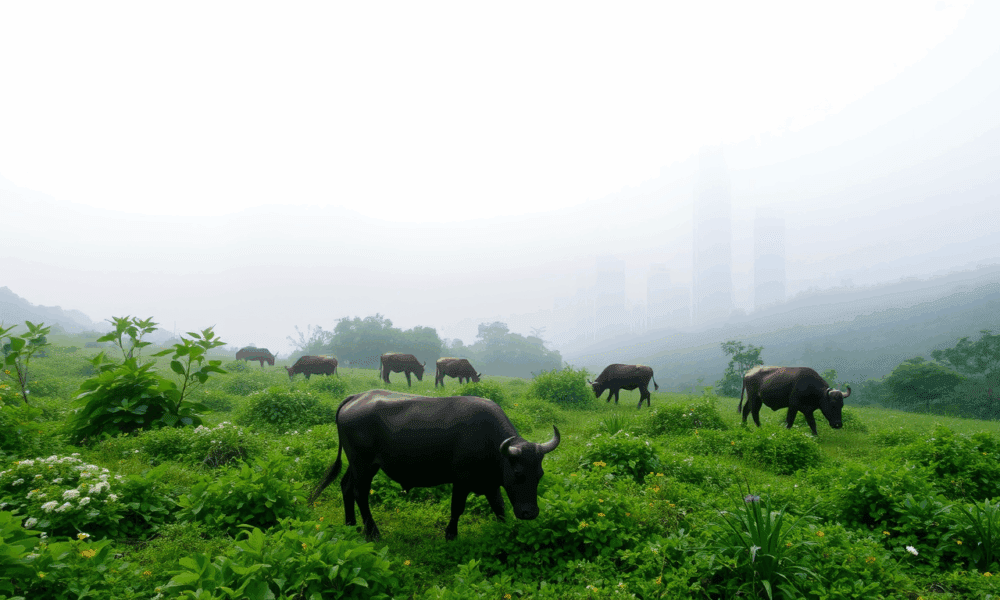
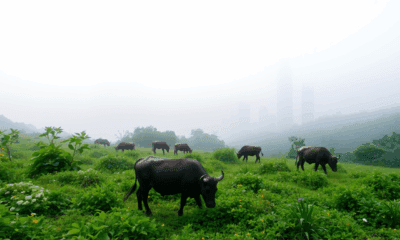

Feral water buffalo now roam Hong Kong s South Lantau marshes, and a 657-person survey shows they ignite nostalgia, wonder, and worry in equal measure. Many...
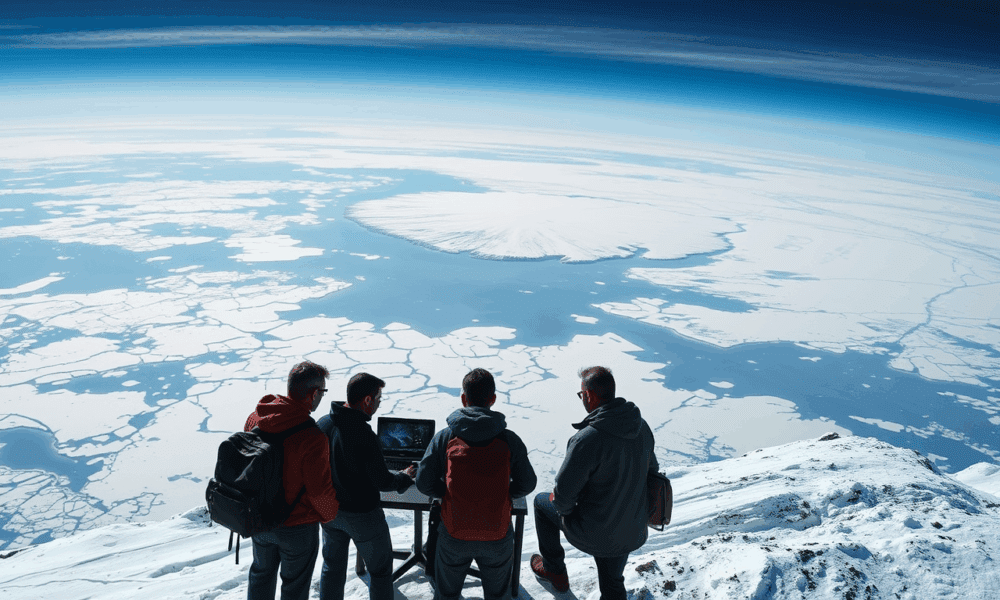
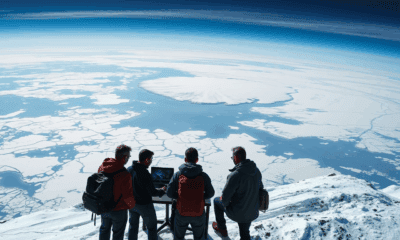

Long-lost 1960s aerial photos let Copenhagen researchers watch Antarctica’s Wordie Ice Shelf crumble in slow motion. By fusing film with satellites, they discovered warm ocean water,...



Forests aren’t keeping up with today’s climate chaos. While temperatures soar within decades, tree populations take 100 to 200 years to shift in response. A sweeping...



A massive and surprising change is unfolding around Antarctica. Scientists have discovered that the Southern Ocean is getting saltier, and sea ice is melting at record...



Smoke from wildfires and structural fires doesn t just irritate lungs it actually changes your immune system. Harvard scientists found that even healthy people exposed to...

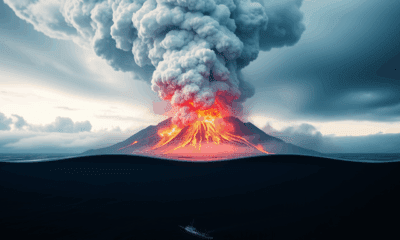

Over 300 million years ago, Earth experienced powerful bursts of carbon dioxide from natural sources—like massive volcanic eruptions—that triggered dramatic drops in ocean oxygen levels. These...



Ancient coral fossils from the remote Seychelles islands have unveiled a dramatic warning for our future—sea levels can rise in sudden, sharp bursts even when global...



In a twist on conventional wisdom, researchers have discovered that in ocean-like fluids with changing density, tiny porous particles can sink faster than larger ones, thanks...